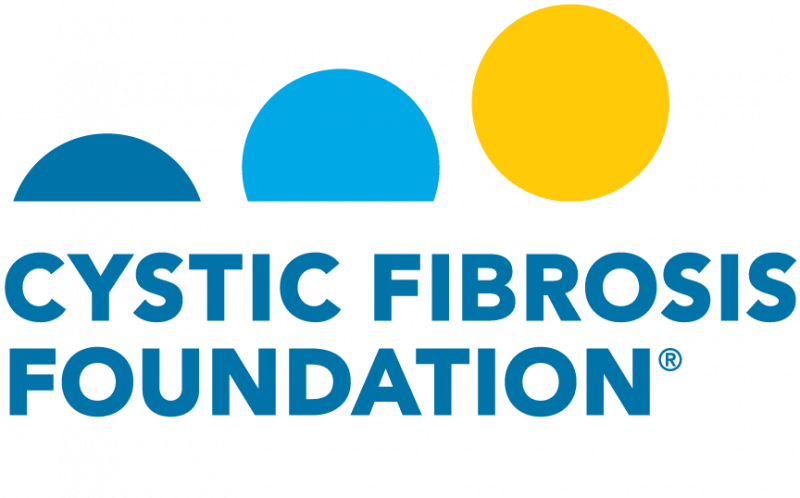

Latest news  Dr Andrew Prayle, one of our editors, has been developing evidence maps. These are visual tools for demonstrating which studies and papers contribute to specific outcomes in a review. He has developed maps for a number of reviews which we recently published to support guidelines currently being updated by the UK CF Trust and the CF Foundation. You can access these maps here and more will be added soon. Latest publications Treatments are only effective if they are taken consistently - read our updated review about using digital technology to monitor adherence to nebulised therapies here. We have also updated our review of non-invasive ventilation both during an exacerbation of CF and during periods of stable disease. Read the latest version here. Funding news We have been successful in obtaining further funding to the end of March 2027 from the CF Foundation to continue producing systematic reviews and supporting guideline development. We will also be working with Queen's University Belfast and the UK CF Trust to support colleagues producing a series of systematic reviews of interventions for the diagnosis and treatment of infection in children with CF and vulnerable newborn infants . | ||
 |  | |
Learn about our contributions to the "Standards of care for CFTR variant-specific therapy for people with CF" here. | Learn about our collaboration with the JLA here. | |
 | We would like to thank our funders the CF Foundation and the UK CF Trust. |  |
